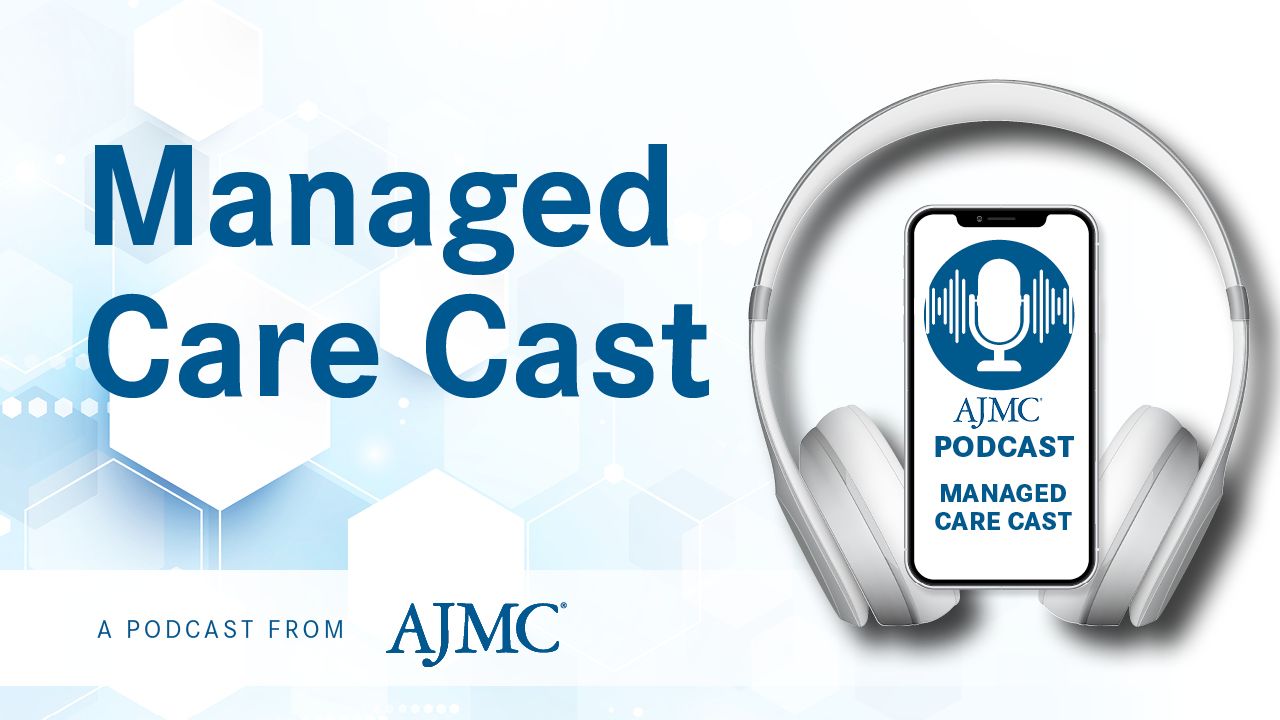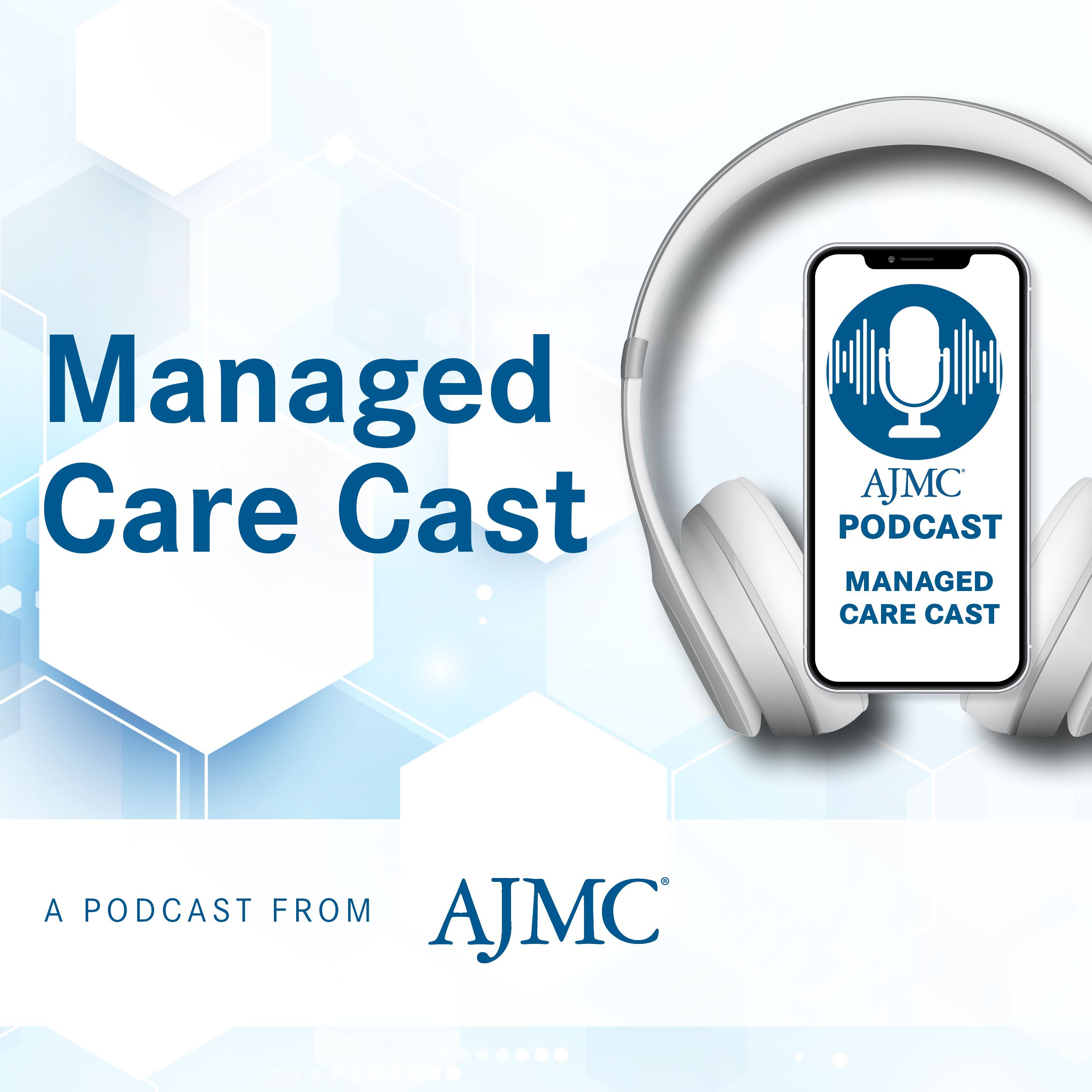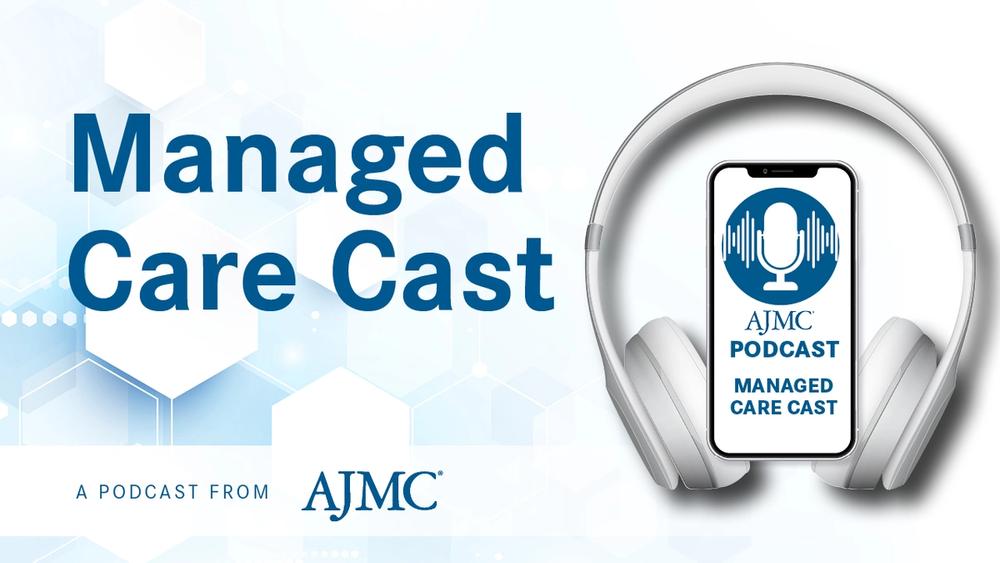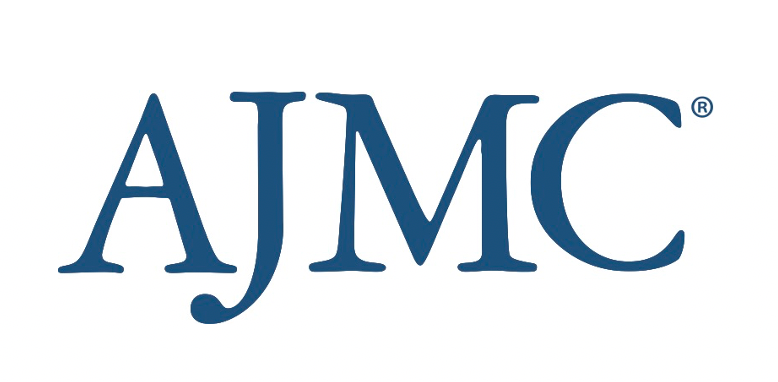Video
Expensive Targeted Lung Cancer Therapies Need to Be Tailored to the Right Patient
Author(s):
Targeted therapies have improved outcomes for patients with lung cancer, but the goal needs to be tailoring the right therapy to the right patient, said Ticiana Leal, MD, associate professor, director of the Thoracic Medical Oncology Program, Department of Hematology and Medical Oncology, Emory University School of Medicine.
Targeted therapies have improved outcomes for patients with lung cancer, but the goal needs to be tailoring the right therapy to the right patient, said Ticiana Leal, MD, associate professor, director of the Thoracic Medical Oncology Program, Department of Hematology and Medical Oncology, Emory University School of Medicine.
Transcript
How are targeted therapies and testing to identify the right patient for the right drug improving outcomes for patients with lung cancer?
Targeted therapies have really improved outcomes for patients with lung cancer. And we've seen a publication demonstrating decreased mortality for patients with lung cancer. It coincides with approval of targeted therapies for non–small cell lung cancer. Precision medicine has really changed the treatment paradigm for patients with advanced non–small cell lung cancer.
And certainly, identifying these patients is key. So, performing next-generation sequencing, performing a broad-based panel to really identify these mutations. Some of these mutations are very rare, but when you do a broad-based panel, you can identify more mutations in more patients. Adding tumor tissue plus liquid biopsy may also enhance the ability to find these mutations. I think it's really important to do that, because there are increasing studies showing that might be even actually a strategy that is cost-effective, because what you're doing is, you're selecting patients for the right treatment.
We know targeted therapies are expensive, but if you can tailor the right therapy for the right patient, I think in the end, you're providing better care, improved outcomes for patients, better tolerability, less toxicities. I think there's a component there that the more we do this—and hopefully these studies are better designed to answer that question—we’re also going to be seeing that that is a cost-effective strategy for our patients with advanced non–small cell lung cancer.





